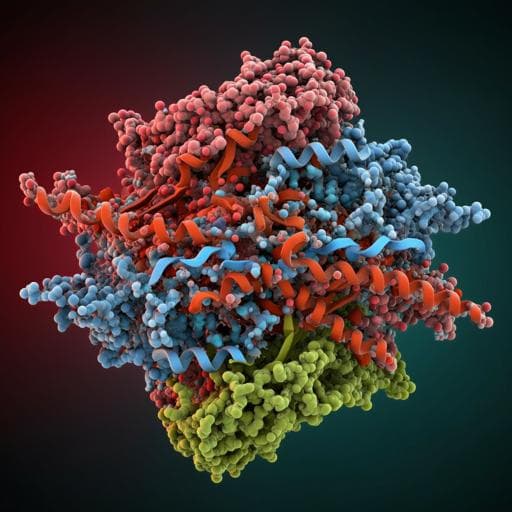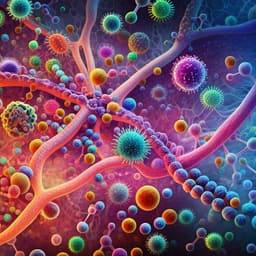
Medicine and Health
Autonomous molecule generation using reinforcement learning and docking to develop potential novel inhibitors
W. Jeon and D. Kim
This exciting research introduces MORLD, a novel computational method by Woosung Jeon and Dongsup Kim that enhances drug discovery by autonomously generating and optimizing lead compounds. MORLD combines cutting-edge reinforcement learning with efficient docking simulations, achieving swift modifications to improve binding affinity in just under two days!
Related Publications
Explore these studies to deepen your understanding of the subject.







